This week’s Top Ten Tuesday, hosted by That Artsy Reader Girl, is about our favorite books written before we were born. I haven’t written about my favorite classics for a while, so this was a nice opportunity to span a couple centuries of great literature and pick out my favorites.
In making this list, I thought about the books that have had the greatest impact on me, as opposed to maybe being the best books ever written. Most of these are books I read years ago, some of them in high school and college. But they’ve stuck with me.
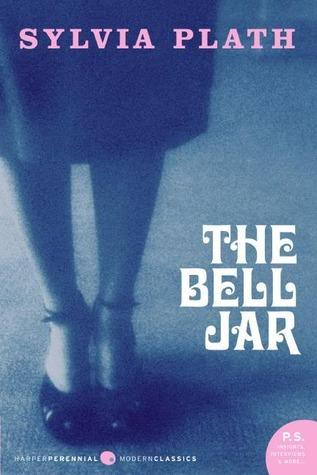
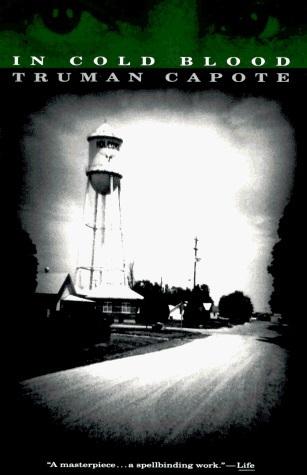
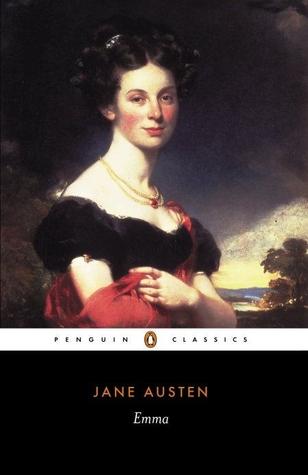
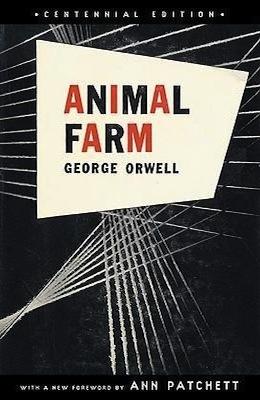
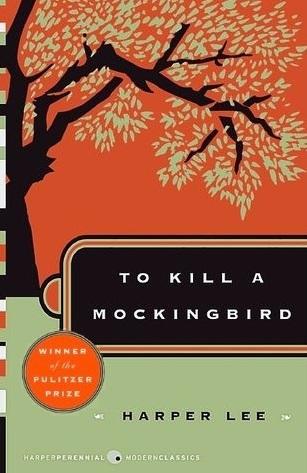
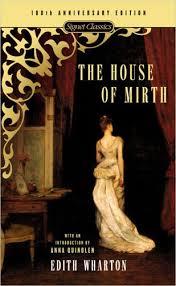
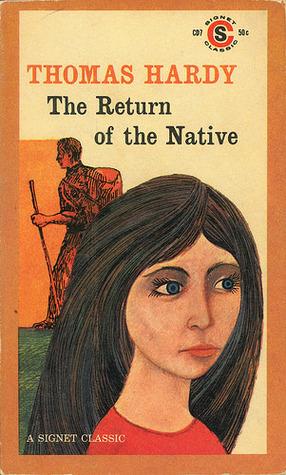
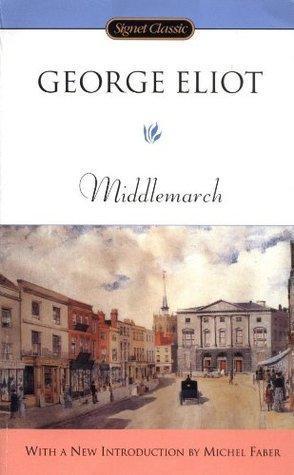
- Emma by Jane Austen (1815). Emma isn’t everyone’s favorite Austen, but I’ve loved her as a character since I first read this in college. I love how independent she is, and how she can be really self-centered but grows over the course of the novel.
- David Copperfield by Charles Dickens (1850): This is my favorite of Dicken’s books. Copperfield feels like a more fully formed character than many of Dickens other characters, probably because he’s writing about himself.
- Middlemarch by George Eliot (1871): I love the breadth and complexity of this novel and its characters. This is a huge novel, but nothing about it felt like it had been done before.
- The Return of the Native by Thomas Hardy (1878): I have a soft spot for this book, which I discovered in a high school literature class where I hated nearly every other book I was assigned. Eustacia Vye isn’t nice or good, but she’s my favorite literary character and I never read this book without liking her more.
- The House of Mirth by Edith Wharton (1905): There are plenty of classic novels written about “the fallen woman” but I found this one the most nuanced and Lily Bart more sympathetic (and maybe that’s because most of the others are written by men).
- Animal Farm by George Orwell (1945): I read this book as a teenager and I’ve never forgotten it, especially the image at the end. Like 1984, I feel like you see shades of it everywhere you look. This “simple” book about a revolution by animals on a farm feels very, very real.
- Fahrenheit 451 by Ray Bradbury (1953): I read this book later in life but it was no less impactful. Bradbury does a masterful job writing about the importance of reading and thinking – and the harm that censorship and media can do.
- To Kill a Mockingbird by Harper Lee (1960): I expected this novel to be amazing, but was surprised at how beautifully written it was. Enough said.
- The Bell Jar by Sylvia Plath (1963): This book really made an impact when I read it in college, and I’ve read it a few times since. Now that I’m older it feels different but still meaningful.
- In Cold Blood by Truman Capote (1965): There are quite a few things that got me interested in law when I was young, and this was one of them. It’s still one of the best nonfiction books I’ve read. It’s a compelling look at murder in a small town and capital punishment, and a reminder that even murderers are human beings.
I would have liked this list to be more diverse but I haven’t read that many classics by authors of color written before I was born (I stopped at 1970, in case you were wondering). Other books that almost made this list include The Count of Monte Cristo, East of Eden, A Raisin in the Sun, The Good Earth, and Testament of Youth. I also didn’t include children’s literature, but if I had I would have certainly included The Secret Garden, A Wrinkle in Time, and the Oz series.
Thanks to Top Ten Tuesday for a good topic this week! What are some of your favorite classics?

